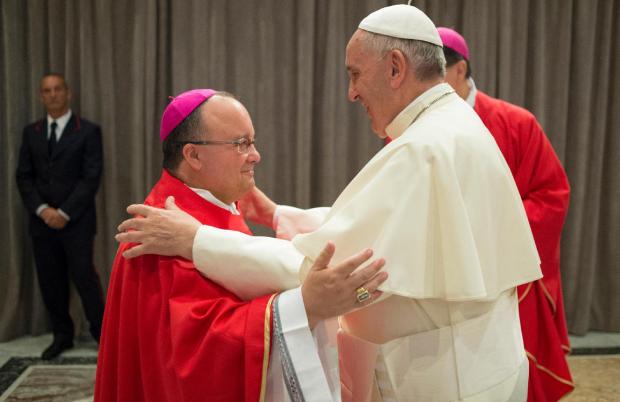The onslaught of abuse suffered by Archbishop Charles Scicluna at the hands of Labour sympathisers has raised many questions and provided a few answers.
Clearly, partisanship has not only clouded our judgement but it has lulled the country into a lobotomised state of social and political illiteracy.
Civilised and mature debate is as rare as the Maltese freshwater crab. Instead we see everything in shades of red and blue and as a country we’re unable to have a good look at ourselves.
However, there is one aspect which has been largely overlooked. The underlying argument in the attacks against Scicluna and the attempts to silence him is that as leader of the Maltese Catholic Church, Scicluna should not interfere in politics.
Among others Scicluna was told in no uncertain terms that his ‘interference’ was keeping people away from the Church and that he should stick to spiritual matters.
Others went into overdrive and told Scicluna that he should stay out of politics and concentrate on sexual abuse scandals involving clergymen.
The article Scicluna retweeted did not merit such violent reactions and definitely wasn’t an attack on the Labour government. However, once again people, mostly Labour supporters, have questioned the Church’s right to get involved in the country’s mundane political life.
This could well derive from the anger and rancour many people still hold following the war waged by the Church on Labour and Dom Mintoff 60 years ago.
The Catholic Church is guilty of many horrendous episodes in Malta (and abroad) and no apology will ever be enough to heal the wounds caused by the 1960s conflict.
Probably the Church is as guilty as the two mainstream parties for many of the problems we still face today.
I should be the last one to defend the Church but, despite all its ills, it has undeniably played and still plays an important social role. For long years, the Church replaced the State by caring for the elderly, running schools and orphanages and providing shelter and refuge to drug addicts, victims of domestic violence, asylum seekers and the poor.
But for centuries, the Church has also played an important political role and was a main protagonist in the social and political development of Europe, including Malta.
Over the centuries, the Church has lost most of its power. Not only has it lost a lot of its clout and hold over politicians and parties, but the worldwide Catholic Church has suffered from a sharp decline in church attendances as more and more people do not view religion as an important force in their lives.
The decline in interest in religion has not only affected the Church in Malta but other Catholic forts such as France and Italy have also seen drastic drops in church attendance, especially among the younger generations.
Moreover, trust in the Maltese Church was badly dented by its entrenchment during the 2011 divorce referendum campaign, confirming its growing detachment and spiritual and intellectual mediocrity.
But this diminished role should be seen as an opportunity. The separation of church and state should strengthen not weaken the Catholic Church’s role in society.
Like it or not, the Church has been ‘relegated’ to civil society and has a right and duty to participate in political debate and policy making as much as anyone else.
It also has a moral duty to oppose injustices and inequalities. It has a moral duty to oppose ecological devastation, turbo-consumerism and economic inequalities caused by capitalism. The Church has a duty to speak out against injustice, greed, corruption and xenophobia. It has a duty to be on the side of the people and not of the privileged and powerful.
The only problem is that in Malta there is no real political debate and whoever attempts to set foot in the political arena is turned into a football, continuously kicked from one tribe to the other.












